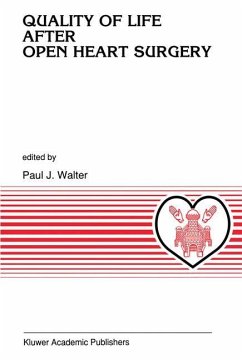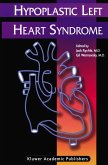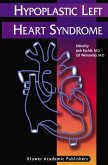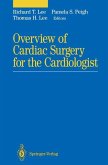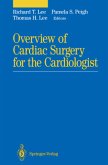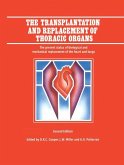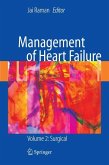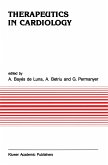primary goal of all forms of therapy is not just prolonging life, but improving the quality of life, has forced analysis of what constitutes quality of life, a concept whose structure pervades all walks of life and eludes definition. Global well being, happiness, morale, vitality, fullness of social life, and satisfaction must be integrated and assessed for the effects of the disease and the therapy, in the context of specific personality traits, attitudes to life, family situation, and socio-economic and political freedom. A growing inter est in research on this subject has led to a clearer understanding of the components which come to determine quality of a patient's life, and how they can be measured in a reproducible manner so that valid comparisons can be made. Keeping these recommendations of analysing quality of life within the context of patients who have undergone open heart surgery, it seemed appro priate to me to separate the influence of various forms of open heart surgery into five aspects of life which can comprehensively reflect the quality of life outcome of the operation. These five 'components' are (1) Physiological state, which summarises the traditionally reported incidence of operative mortality and morbidity, objectively and subjectively measured physical ca pacity, and the residual symptoms, treatment and long-term survival. (2) Intellectual functioning relates to the psychoneurolgocial deficit in memory, reasoning or judgement because of cerebral microembolism and hypo perfusion during cardiopulmonary bypass.
Bitte wählen Sie Ihr Anliegen aus.
Rechnungen
Retourenschein anfordern
Bestellstatus
Storno

